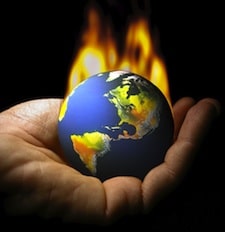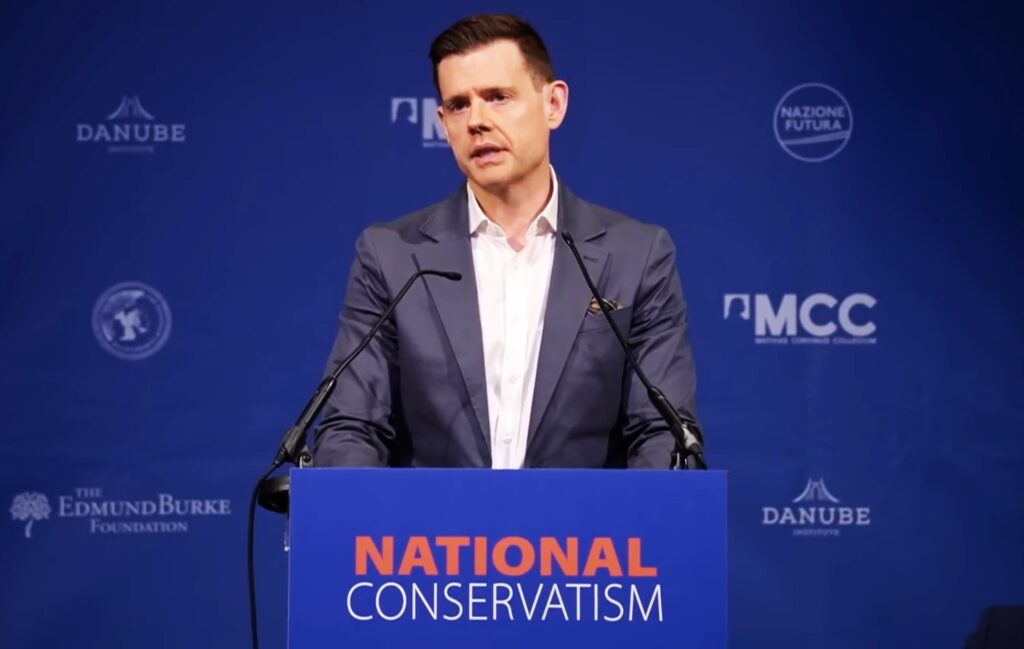A new poll released today shows that American voters take global warming pollution very seriously and want to see action from government and the private sector to curb emissions and support clean energy solutions.
The new Yale-GMU survey found that 76% of Americans believe that regulating CO2 emissions should be a high priority for the federal government – a stark contrast to Republican politicos who consistently suggest that the government is over-stepping its bounds by trying to regulate global warming pollution. The Yale-GMU findings echo those of a Gallup poll released earlier this month that found 65% of Americans support “imposing mandatory controls on carbon dioxide emissions/other greenhouse gases.” (H/T Joe Romm)
The Yale-GMU poll found that 75% of Americans would support policies and candidates that would raise taxes on dirty energy sources like coal, oil, and natural gas, while passing the extra money onto American taxpayers by reducing the federal income tax by the same amount – a “revenue-neutral” tax shift.
While 79% support funding more research into renewable energy sources, those who strongly support it fell to 36% from 53% in 2008, and those who strongly oppose it rose to 21% from 8%, possibly due to the Solyndra bankruptcy and the coordinated attacks on clean energy by fossil fuel interests.
Support for building more nuclear power plants has dropped dramatically in the wake of the Fukushima disaster, from 61% who supported it overall in 2008 to just 42% now.
The poll, conducted by the Yale Project on Climate Change Communication and the George Mason University Center for Climate Change Communication, surveyed more than 1,000 American voters over the age of 18 to gauge their attitudes towards policies relating to environmental and energy issues. The results are not good news for those members of Congress who call the dirty energy industry their friends.
Here are a few more highlights from the report, Public Support for Climate and Energy Policies in March 2012:
70% believe that corporations and industries should be doing more to combat global warming, which is now back to levels from the fall of2008.
76% support regulating carbon dioxide as a greenhouse gas pollutant.
In a new question this year, the country is divided about whether to eliminate all federal subsidies for all form forms of energy (oil, gas, coal, nuclear and renewable) – 47% would support it, 54% oppose it.
Half the country hasn’t even heard about the Keystone XL pipeline or followed the issue.
The difference between the parties about whether global warming should be a priority for the president and Congress is also stark. 16% of Democrats believe it’s a very high priority, while only 3% of Republicans do. Meanwhile, 48% of Republicans view it as a low priority, while 16% of Democrats view it as a low priority.
The gap is narrower on party support for clean energy sources, but it’s still significant. 37% of Democrats see it as a “very high” priority, while 20% of Republicans do. Overall, though, support for clean energy research is high overall in both parties (74% for the GOP, and 91% for Democrats).
Overall, the survey found that 69% of Americans believe that developing clean energy technology should be a high or very high priority of both the President and Congress. 40% believe that dealing with climate change should be a high or very high priority.
Both of these represent gains for both policy areas in the last two years, as Americans viewed these issues as “high or very high” at 60% and 38%, respectively, in January 2010.
One thing is clear from this new survey – American voters are becoming more and more concerned about environmental and energy issues, and the majority are choosing protecting the environment over producing dirty energy, which will hopefully translate into a shift in federal policy in the coming years.
Subscribe to our newsletter
Stay up to date with DeSmog news and alerts






